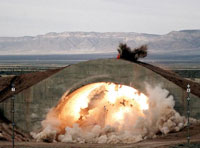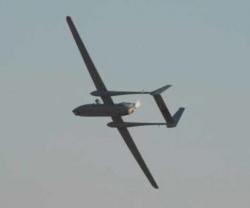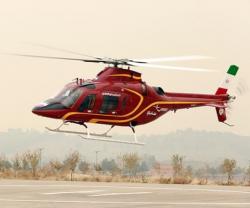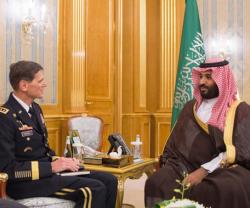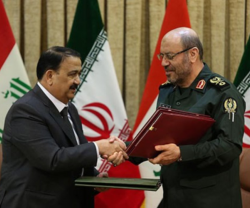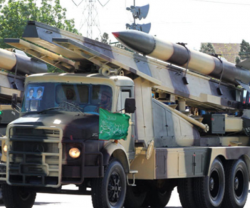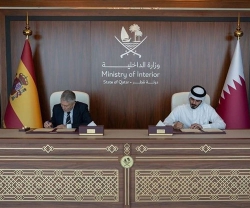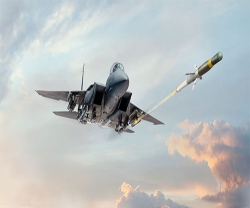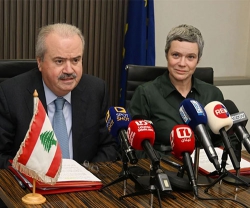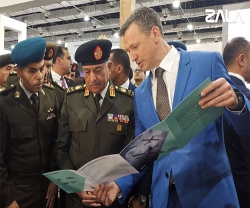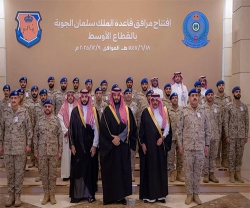President Barack Obama and Israeli Prime Minister Benjamin Netanyahu did not discuss in their meetings this week an Israeli request for advanced U.S. military technology that could be used against Iran, the White House said on Thursday.
An Israeli official said earlier on Thursday that Israel has asked the United States for advanced “Bunker-Buster” bombs and refueling planes that could improve its ability to attack Iran’s underground nuclear sites.
Netanyahu reiterated on Thursday that Israel will not tolerate a nuclear-armed Iran. “We cannot accept that Iran has nuclear weapons because that would represent a danger to the existence of our country,” he said in an interview on private Channel 10 television.
“We have the right, but also the duty to defend ourselves,” he added.
Israel and much of the international community fear Iran’s nuclear program masks a weapons drive, a charge Tehran denies, and it was top of the agenda at talks between Netanyahu and Obama in Washington this week.
The United States and Israel are at odds over just how immediate the Iranian threat is. Netanyahu said on Monday that sanctions against Iran have not worked, and “none of us can afford to wait much longer.”
A key difference between Washington and Israel has emerged on the timeline available for a military strike against Iran, with the Jewish state warning that the weaponry available to it gives it a shorter window for action, according to AFP.
Earlier this week, Israeli news website Ynet reported that the Israeli Military Industries announced they had upgraded their Bunker-Buster missile capabilities.
World powers known as the P5+1 (five UN Security Council members + Germany) offered to resume long-stalled talks with Tehran over its contested nuclear program.
Israel has cautiously welcomed the talks, but warned it must be prepared for the potential failure of any new dialogue with Iran.
Meanwhile, the International Atomic Energy Agency (IAEA) Chief Yukiya Amano said on Thursday Iran has not formally contacted the U.N. nuclear watchdog about any inspector access to the Parchin military site, a day after Iranian media suggested such a visit could be granted.
The IAEA has sought access to Parchin as part of its probe into suspicions that the Islamic Republic may be seeking nuclear weapons, but it was not granted during two rounds of talks in January and February.
Amano told reporters he had read this week’s media reports about Iran’s position, “but there has been no formal communication to us.”
Source: Al Arabiya; AFP; Ynet

